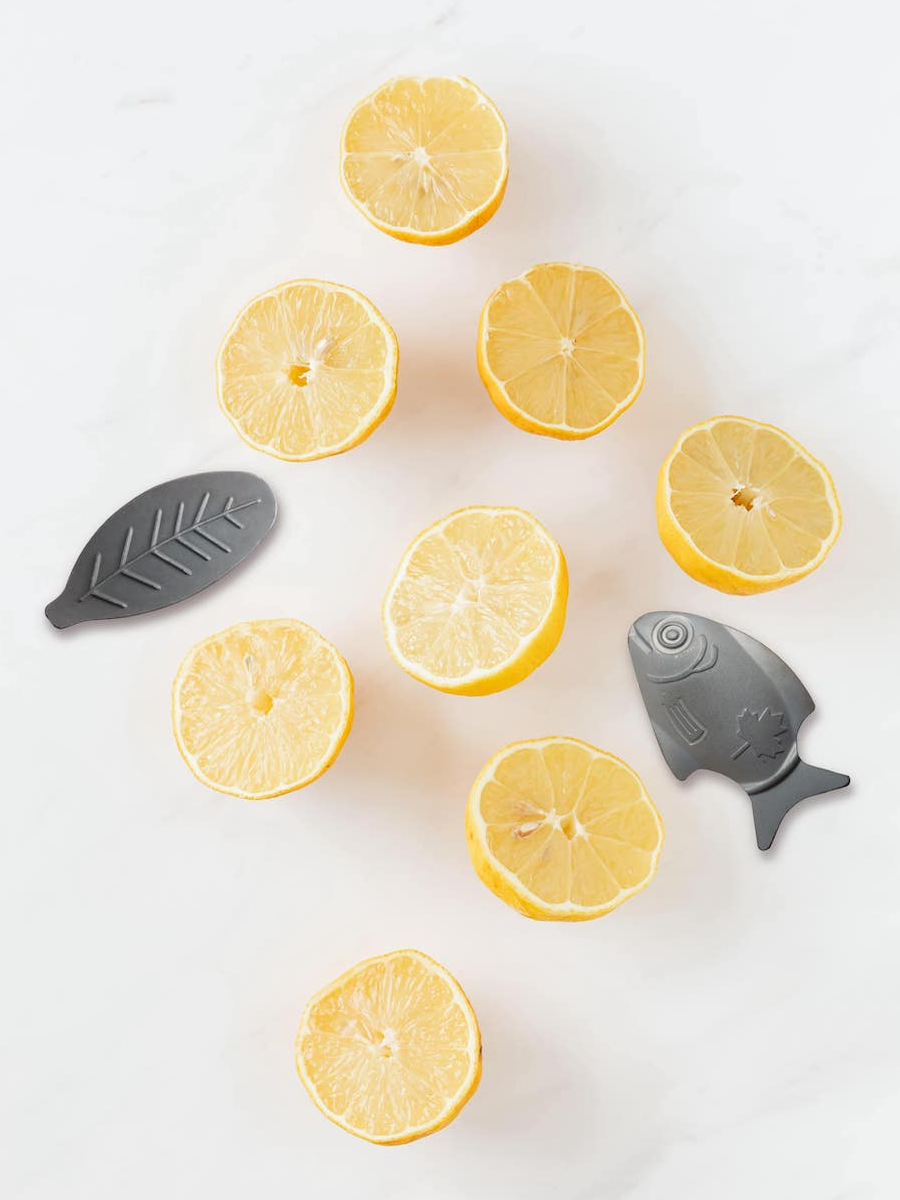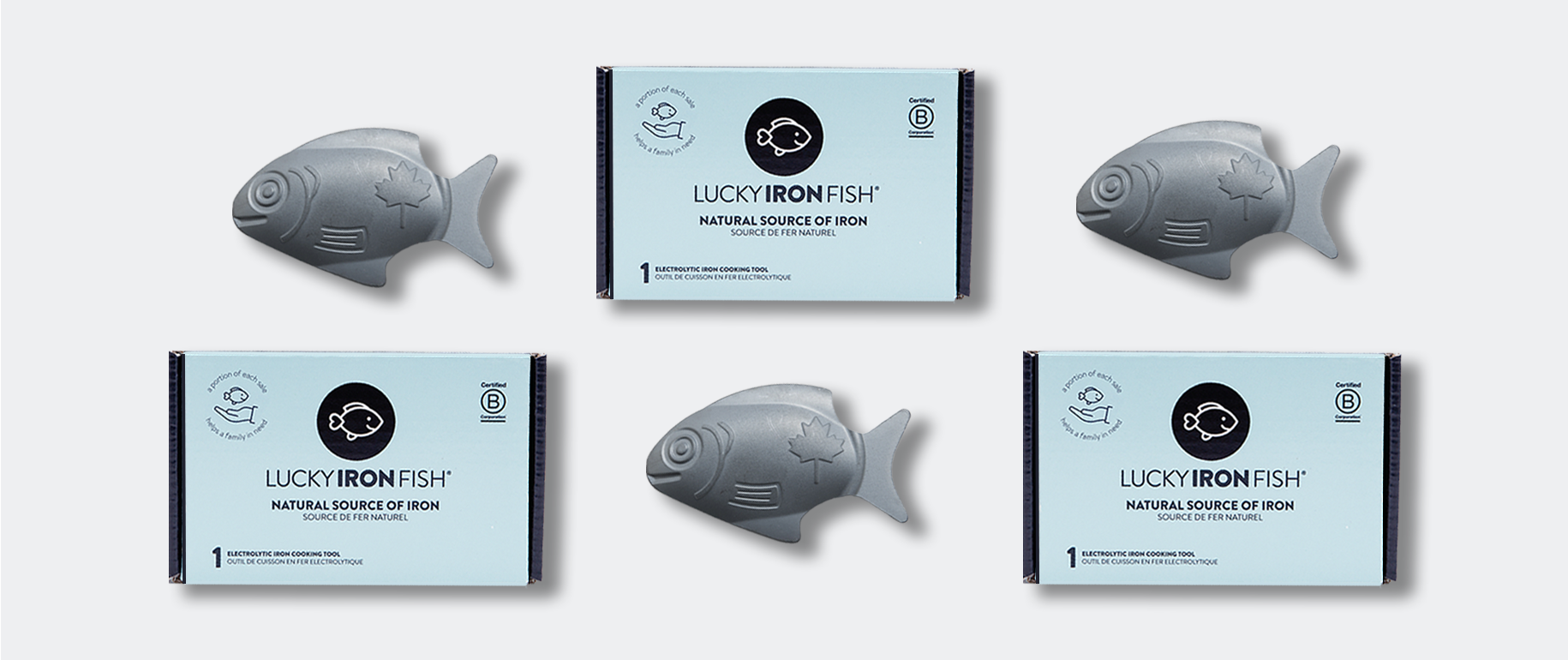In rural, marginalized communities of India, health is not a priority for women. They focus on putting food on the table, bringing in income, and possibly educating their children, leaving health to be one of their last concerns.
Because women from these communities are generally “daily wagers”, they’re not covered by medical insurance or stable employment. They live in rented shanties with maybe a single light, have little or no access to safe drinking water (and often have to buy contaminated water), and many give birth at home. Their environment is violent and unsafe. Gender bias and gender inequality are rife.
One organization we partner with, Sahara Aalhad, is attempting to solve these complex issues with a holistic approach. They not only deliver medical interventions, but their programming also includes medical prevention and education, working to address gender-based violence and skills-based training. Their comprehensive services include nutrition, mentoring, and advocating for people dependent on substances and living with tuberculosis and HIV/AIDS, with specialized services for widows and children.
The life skills training from Sahara helps to elevate the children who are infected or affected by HIV/AIDS, providing them real opportunities to learn and grow, despite the stigma of the disease in Indian society.
And by entering the most extreme areas of poverty, Sahara’s health camps become a front-line crisis centre where people are able to test for these major illnesses, become familiar with their treatment and medicine, learn how to prevent transmission (especially important with mother to child), and even help with understanding local transit routes. They also act as a conduit and mentor for clients who need more advanced care with hospitals and diagnostic centres.
On top of the programming, they run the Sahara Aalhad Care Home – a full-time facility for clinical HIV care and psychosocial services to people of all ages. They have recognized that mental health is largely ignored in India and long-term illnesses like HIV, tuberculosis, extreme malnutrition as well as extremely low hemoglobin have deep implications for mental health.
We have wrapped our first phase of work with Sahara, and moving forward, we are hopeful to provide Lucky Iron Fish as part of their nutrition programming, especially to individuals with HIV who are more prone to iron deficiency anemia. Together, we believe that we can empower women and girls with control over their iron levels by placing it directly in their hands and supporting their journey toward better health.
Sahara truly embodies a comprehensive approach to health, and we are proud to partner with a group that’s so dedicated to not only gender equality, but equality of care regardless of economic position. Keep watching our blog for more updates on our partnership with Sahara.










